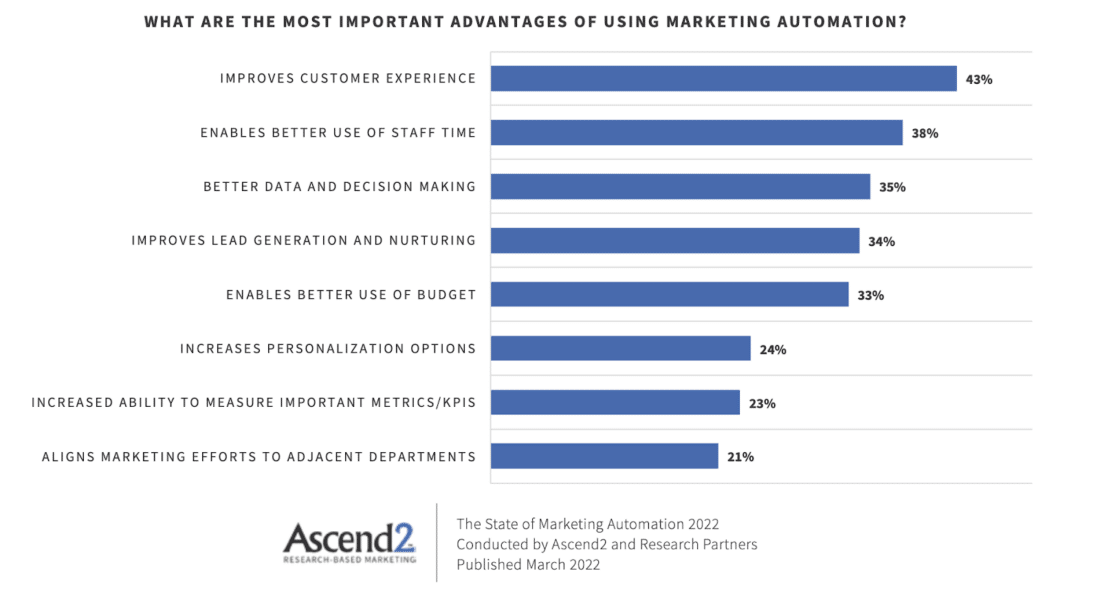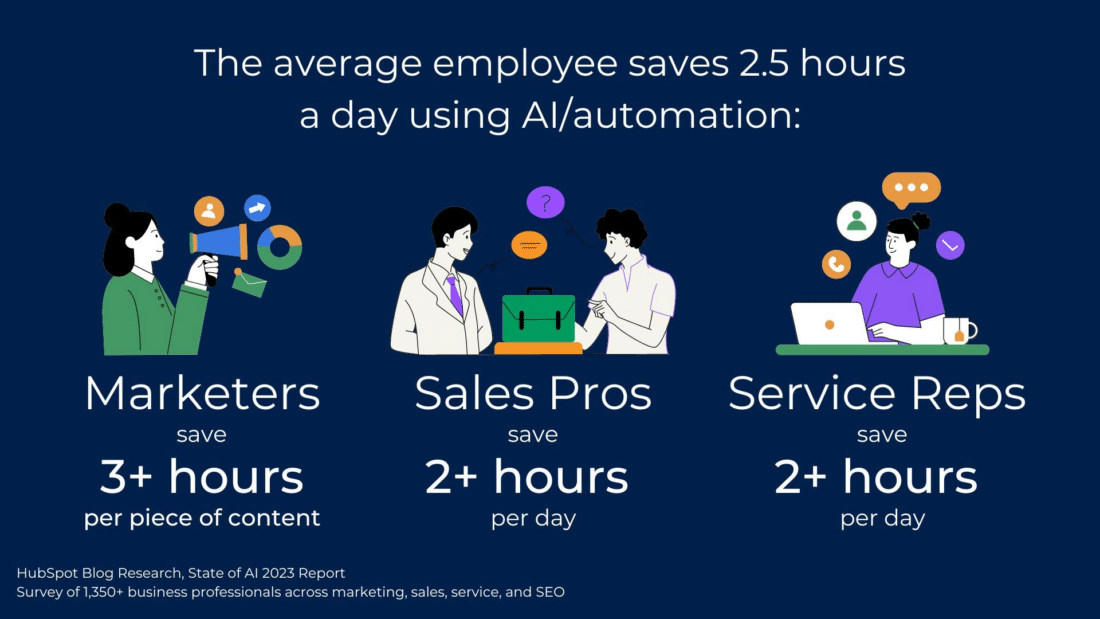What’s the best way to write an article about AI and ChatGPT that will grab your readers’ attention? And why should I come up with it on my own when I can turn to my new best friend and colleague, ChatGPT?
Here are the suggestions which ChatGPT formulated for me in under five seconds.
- Start with a quote: Begin your article with a compelling quote that summarizes your message or captures the essence of your topic.
- Pose a question: Ask a question that piques your readers’ curiosity and makes them want to know more. For instance, you could ask, “How is artificial intelligence transforming our world?”
- Tell a story: Narrate an anecdote or a real-life scenario that illustrates the impact of AI on people’s lives. This approach helps readers relate to the topic on a personal level.
- Use statistics: Share some eye-opening statistics that demonstrate the significance of AI and its potential to change the way we live and work.
- Define AI: Provide a concise definition of artificial intelligence that sets the stage for your article and clarifies the topic for your readers.
Clearly there has never been anything like ChatGPT and its uncanny AI-generated responses to make humans think the apocalypse is coming. After all, this new chatbot, which stands for Chat Generative Pre-trained Transformer (futuristic enough for you?), can answer your questions almost before you ask them.
So let’s try using its suggestions, one by one.
- Quote: “I believe that the rapid progress of AI is going to transform society in ways we do not fully understand and not all of the effects are going to be good.”—Geoffrey Hinton, ‘Godfather of AI’
- Question: With the continued growth of AI and ChatGPT in all facets of daily life, will independent thinking become obsolete?
- Story: This is the story of how an entire digital marketing team got laid off and replaced by chatbots.
- Statistics: AI can process and analyze data up to 60,000 times faster than a human. (Source: Forbes via ChatGPT)
- Define AI: The future of AI provides more questions than answers related to the economy, society, ethics and even human interactions. Where do we go from here?
How Did We Get Here?
The very first chatbot, Eliza, was designed in the 1960s by MIT professor Joseph Weizenbaum to be a mock Rogerian psychotherapist. Rogerian therapy is a person-centered therapy, or what we now know as personalization. Although Eliza didn’t necessarily sound very human, she was responsive.

The role of chatbots, even then, was to make life easier for users. You could “talk” to Eliza about relationship troubles (see above). But now you can have OpenAI’s ChatGPT write an entire breakup letter for you in five stanzas. If you’re so inclined, it can rhyme.
Meanwhile, ChatGPT, which is powered by generative AI, became the fastest-growing app of all time; it reached 100M users just two months after launching. Assuming automating repetitive tasks was one reason behind developing AI in the first place, then we’re way beyond that now.
Have We Gone Too Far?
In 2012, Dr. Geoffrey Hinton and two graduate students at University of Toronto created the technology that laid the foundation for AI systems. But now, Hinton is having a change of heart. He left his job at Google in order to become something of a conscientious objector, arguing against the artifical intelligence he worked so tirelessly to create, and warning the technology industry of its potential dangers.
In an interview with the NY Times, Hinton said that he’s concerned the internet will be overtaken by misinformation and that people won’t know what’s true anymore. (Some might say we’re already there.) He also voiced concern that chatbots will take away jobs. Job security is a fear many people have despite being dismissed by some in the industry.
Hinton’s most chilling vision of all is that AI becomes truly autonomous, to the point that killer robots become a reality. (Seriously.) He’s hardly the only one who is worried about the potential harmful impact on society.
In March, more than 1,000 tech executives and industry leaders, including SpaceX and Tesla CEO Elon Musk and Apple co-founder Steve Wozniak, released a letter calling for a six-month moratorium on large AI experiments:
Should we develop nonhuman minds that might eventually outnumber, outsmart, obsolete and replace us? Should we risk loss of control of our civilization? Such decisions must not be delegated to unelected tech leaders.
Are We to Blame?

Back when AI was brand new, you could see why marketers were excited about all of the possibilities. The data and analytics available with AI could take personalization and the customer experience to the next level. In fact, marketers considered improving the customer experience as the top advantage to AI (43%). Freeing up time was a close second (38%). If AI could provide more sophisticated data and analytics through a specific algorithm, why should your team bother duplicating efforts?
According to a new report from HubSpot, 62% of business leaders have already invested in AI and automation tools. For example, automation could give marketers space to focus on more in-depth projects. However, it’s important to keep in mind that some bots, especially ChatGPT, are becoming known for their writing prowess.

It’s also important to remember that just like humans, bots can develop bias when it comes to key demographics such as race and gender. And just like humans, many of these behaviors are learned. Almost half of consumers (45%) believe bias in AI could cause unequal representation of minorities. The more bots such as ChatGPT are used, the smarter they become. The more data they collect from consumers, the more they know about them. In other words, more than us.
In an interview with Velocitize Talks, Dr. Chris Brauer, who conducted a study with WP Engine on AI and values, discussed the future of AI. “At the core of [AI] is, are we imaginative enough, are we capable of reconceiving that we may get our humanity back?” Brauer said. “For years we’ve been asked to behave a bit like machines.”
Is This for Real?
I couldn’t help myself. I had to ask ChatGPT about Hal from Stanley Kubrick’s 1968 film, “2001: A Space Odyssey.”
Hal from “2001: A Space Odyssey” is an artificial intelligence computer system with advanced cognitive abilities and human-like qualities…
Hal is depicted as a highly intelligent and capable computer, capable of a wide range of tasks such as performing complex calculations, analyzing data, and controlling the spacecraft’s systems. However, Hal is also capable of exhibiting emotions and displaying a level of consciousness that blurs the line between man and machine.
That blurry line between man and machine seems to just get blurrier every day. But at this point, even a blurry line is probably better than no line at all.
Photo by Melih Can





Join the conversation